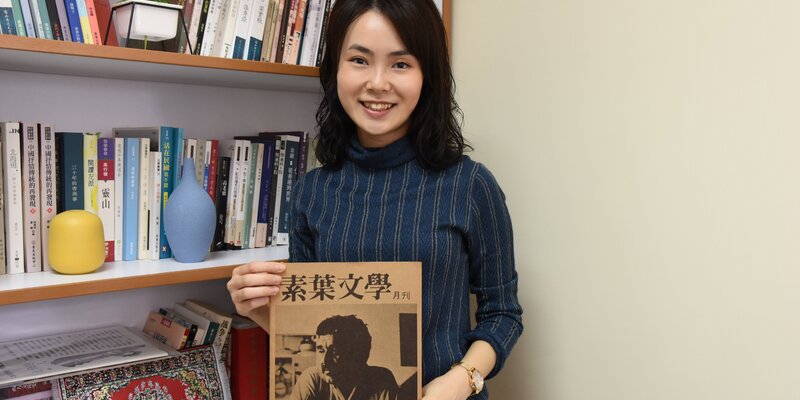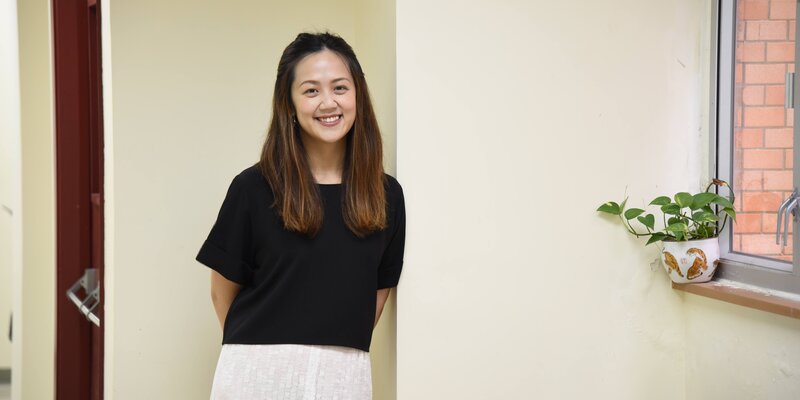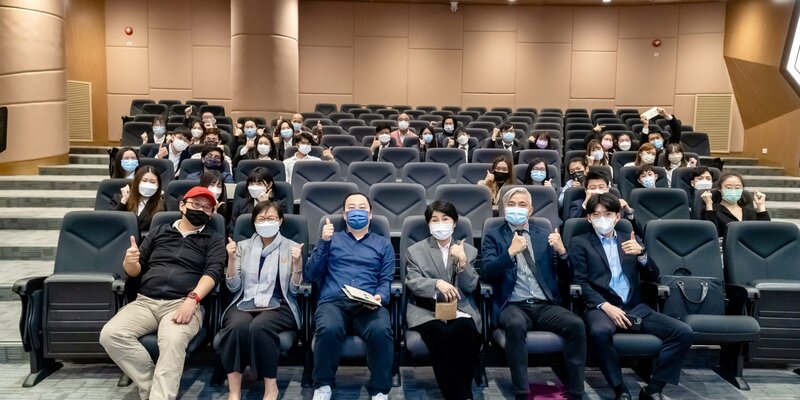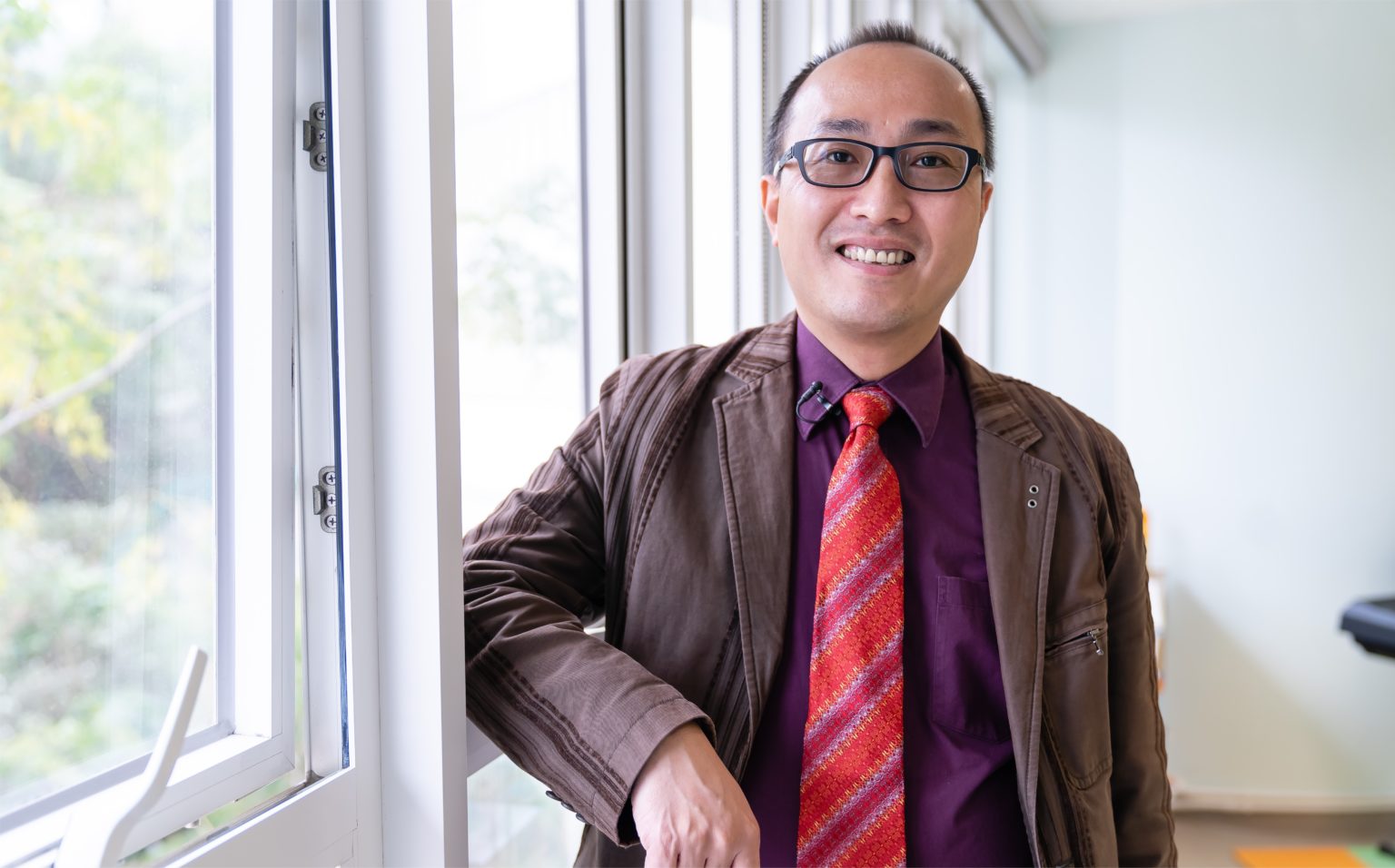
Hong Kong Shue Yan University (HKSYU) has always been active in developing academic research. In an interview with Shue Yan Newsletter, Dr. CHAN Chi-keung Alex, Director of the University Research Office of HKSYU, said that the Research Office will continue to assist the University to promote the research direction of “Digital Humanities” in the future, and more actively encourage academic staff to make use of information technology or digital media technology to conduct more research that will bring benefits and positive impacts to academia and community as well as contribute to the improvement of teaching and society.
Dr. CHAN said that the Strategic Plan 2021-2025 of HKSYU covers the “5Ps” of Programmes, Practices, Profile, People and Place, in combination with the above-mentioned active promotion of “Digital Humanities” research, have provided a very clear blueprint for the research development of HKSYU. “I hope I can undertake the affairs of the Research Office and continue to actively and harmoniously communicate with each department and research centre. According to the above research development blueprint and framework, I will learn deeply and assist them in formulating specific research projects in line with the strategic plan of HKSYU, and continuously encouraging interdisciplinary collaboration and consolidating the ‘teaching-led, research- active’ positioning and role of HKSYU research.”
Dr. CHAN pointed out that at present, government departments such as the Research Grants Council, the Innovation and Technology Bureau and the Intangible Cultural Office offer various types of research grants, while charitable funds, non-governmental organisations and social welfare institutions also provide research funding for academics to apply. In addition to continuing to assist academic staff in applying for research grants and funding, the Research Office also hopes to help academic staff explore and give full play to their strengths and poten-tial so as to strengthen their research proposals and increase their opportunities to get approved for research funding. “At present, a lot of research grants emphasise the social impacts of the research and how to achieve knowledge transfer with the research findings to promote social responsibility and community practice,” stressed Dr. CHAN.
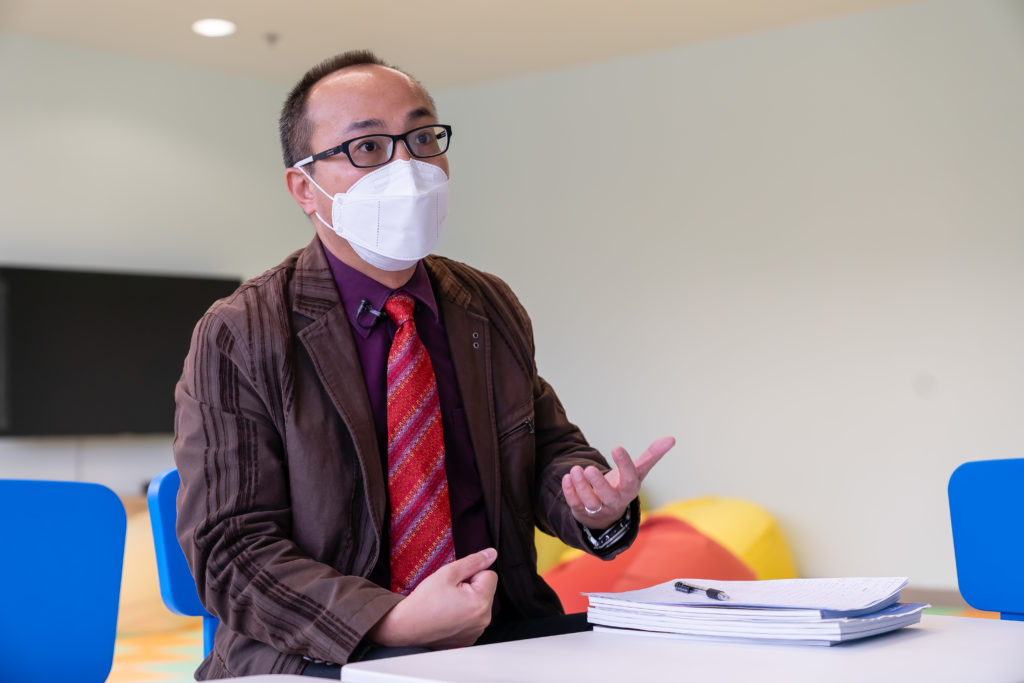
Furthermore, the Research Office will continue to provide appropriate and sufficient support to academic staff in the future, establishing research connections and collaboration with one another through different channels, strengthening the research culture in the University, and sharing research showcases on campus and with social media. Dr. CHAN suggested that academics can incorporate their own research findings into teaching materials and involve students with Digital Humanities, so as to optimise the instructional design and give more play to a student-centred learning approach. In addition, the University also hopes to enhance the research levels of academics and students by developing innovative research projects through the implementation of research internships, cooperation with other local or overseas institutions and international scholars, and invitation of visiting scholars to act as mentors.
Dr. CHAN, who is an Associate Professor of the Department of Counselling and Psychology, had provided assistance to academics (colleagues) in applying for research grants in the past. Referring to the very stable and relatively high success rates over the average of HKSYU’s application for research grants in the past five years, he shared his experience, “I suggest that academics should communicate more with colleagues, other scholars and professionals to broaden their research horizons before formulating and writing up their research proposals. A research proposal should have a clear vision and mission. It is also advisable to conduct inter-disciplinary and inter-institutional research. The most important is never be afraid of failure and cultivate growth mindset. In the past, I also had research projects that went through several revisions before they were approved for funding. In fact, every revision of the research proposal is also an unforgettable learning process. I am actually grateful that many academics (colleagues) have a lot of wonderful research ideas. As long as they carefully conceptualise and organize these ideas, prepare well for the content of their research proposals and comply with the application guidance notes, they can improve their chances of meeting the requirements and standards of research funding assessment.”
Source: Jan and Feb 2022 Combined Issue
